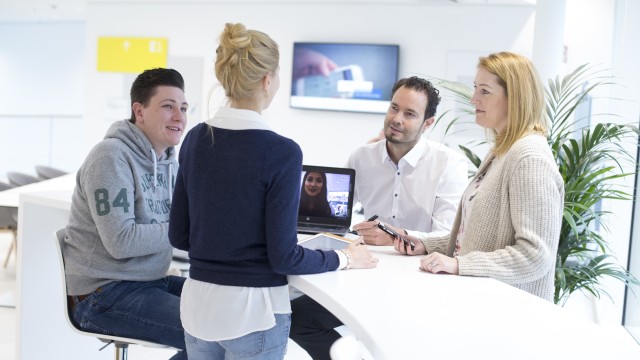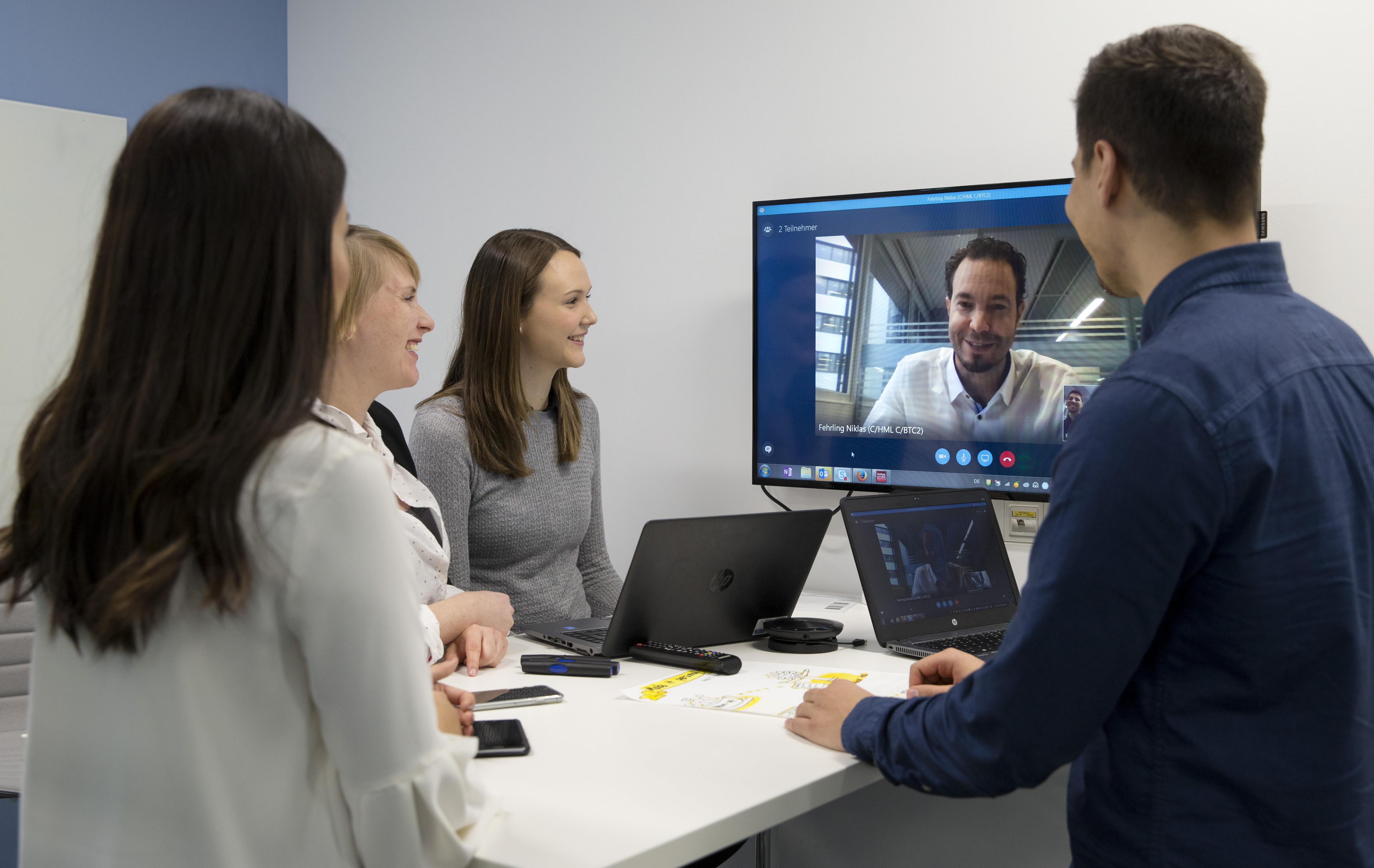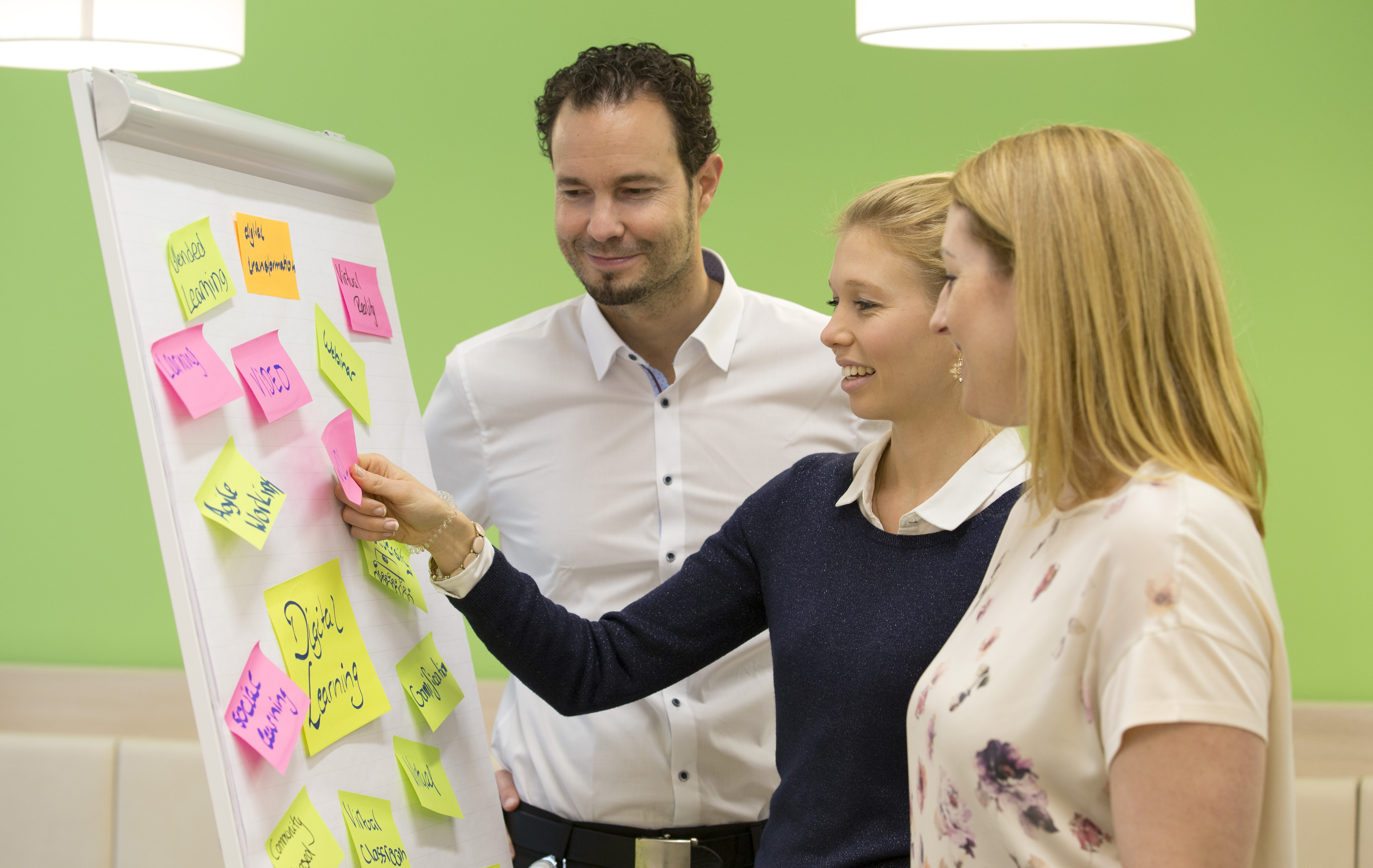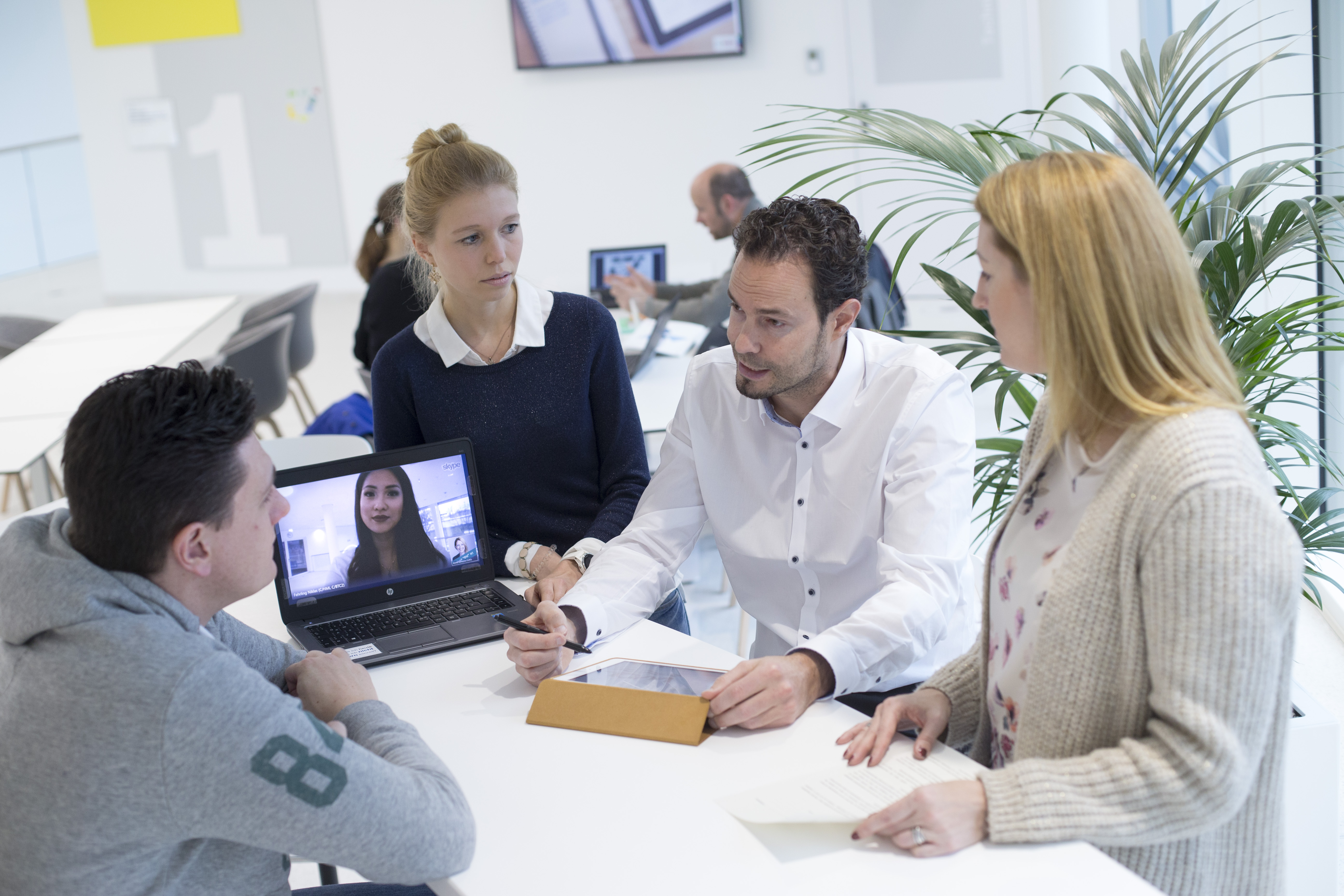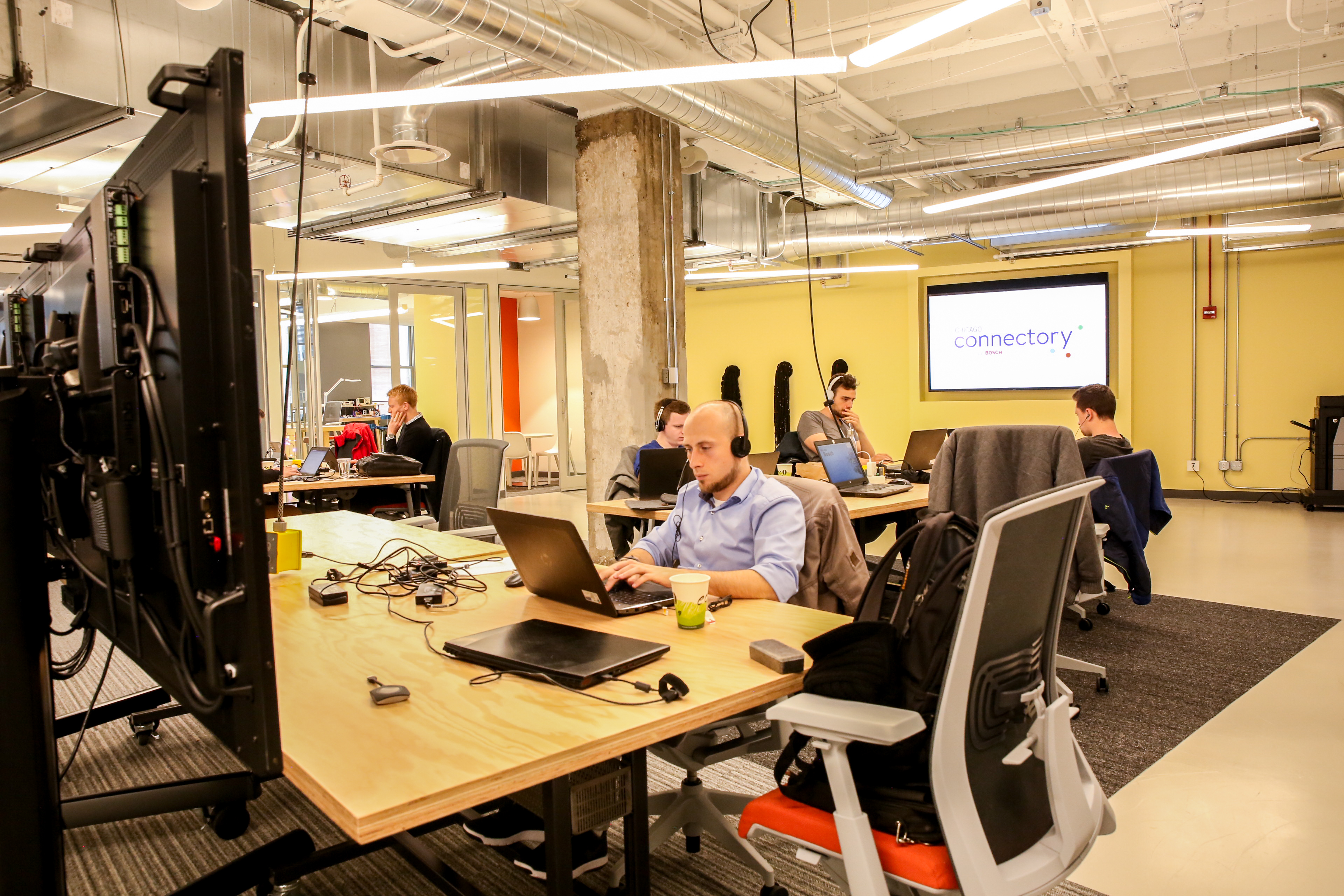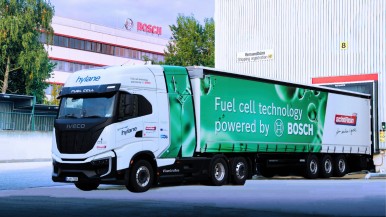Employees in Germany spend roughly a third of their working hours on sharing and collaboration, increasingly in virtual networks. For efficient collaboration, the technical, organizational, and cultural conditions have to be right. Otherwise, frustration rises, the risk of burnout increases, and both productivity and innovative strength suffer. (“Collaboration of virtual teams in German companies,” 2015, PAC)
#NewWork #Collaboration #WOL
Stuttgart, Germany – Bosch is one of the first major companies worldwide to use the Working Out Loud (WOL) program to bring associates together and enhance their digital collaboration skills. The objective of the supplier of technology and services is to offer products and services for the connected world, such as smart cities. Collaboration across divisional and company boundaries, knowledge sharing, and establishing contact with an ever-growing circle of people and institutions are essential to achieving this goal. In short, one of the keys to success in a connected world is an agile working environment with active expert networks. “The digital transformation is also a cultural transformation,” says Christoph Kübel, member of the board of management and director of industrial relations at Robert Bosch GmbH. “Working Out Loud allows us to promote digital collaboration and advance our culture of learning and working, thereby enhancing our innovative strength.” The name “Working Out Loud” essentially means “be visible with your work and share your knowledge and experience.” More than 1,000 Bosch associates from over 40 countries have already taken part in the peer coaching program. Peer coaching involves colleagues advising and supporting each other. To leverage the potential of connected collaboration, associates need not only the corresponding skills, but also modern technical equipment. That is why Bosch has invested 800 million euros in IT solutions for the workplace of the future.
